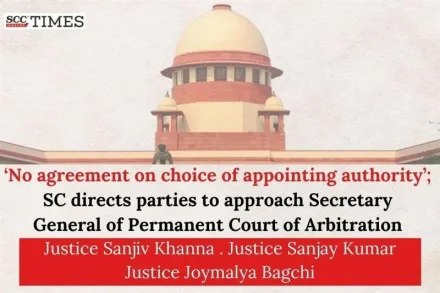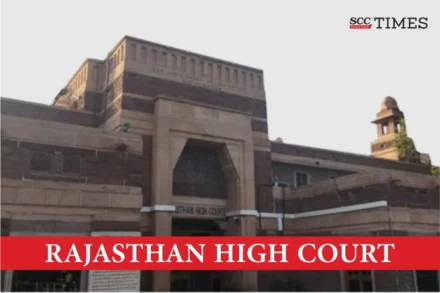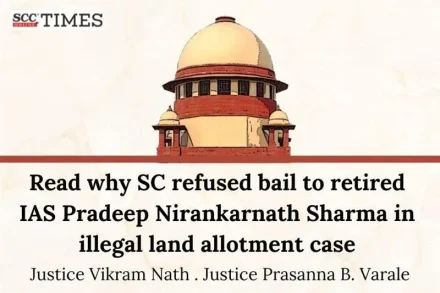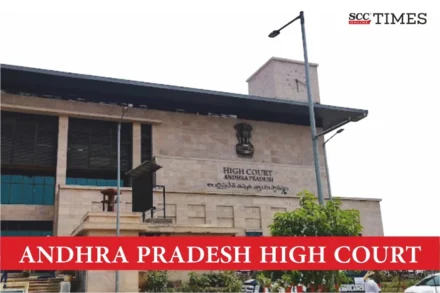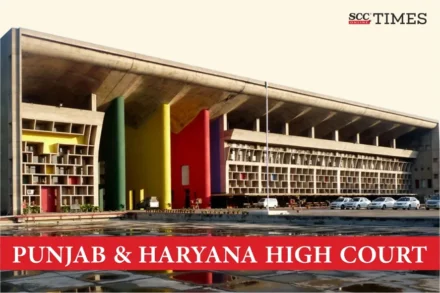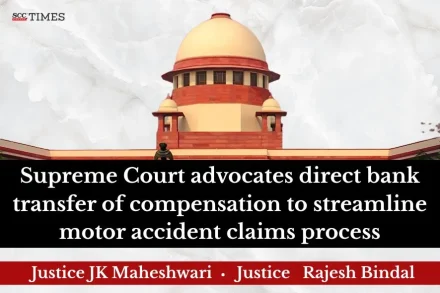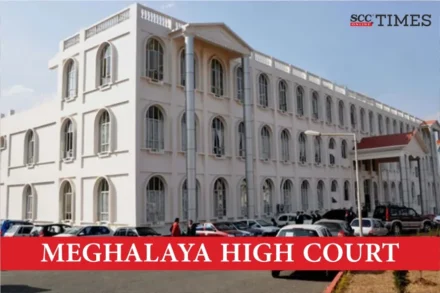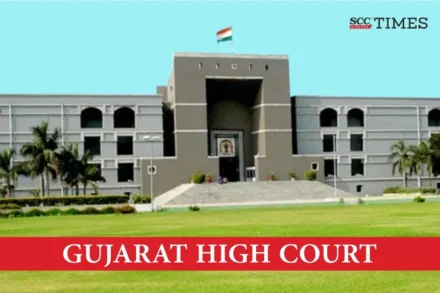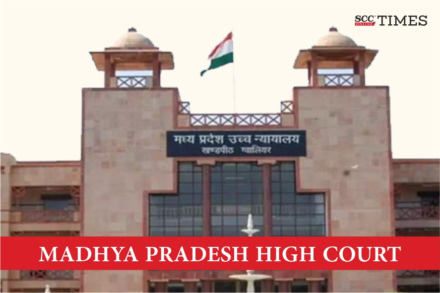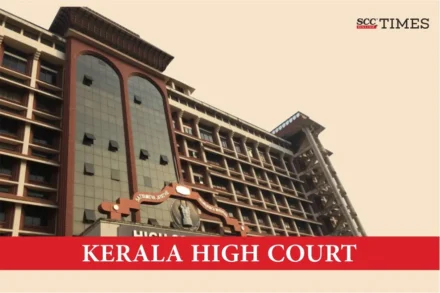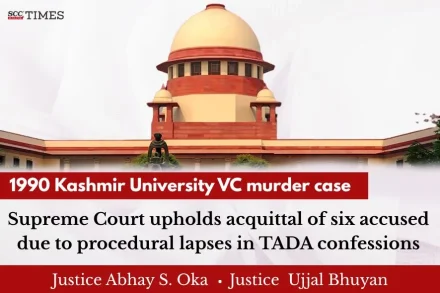
‘Obscene message sent to female colleague on WhatsApp was unintentional’; Bombay HC quashes FIR against retired professor after he claimed to be suffering from mental illness
Respondent 1 filed “Affidavit of Consent” for quashing the proceedings and stated in her Affidavit that at the time of filing of the FIR, she did not know that the petitioner was suffering from mental disease and ailment (FTLD).
Continue reading


